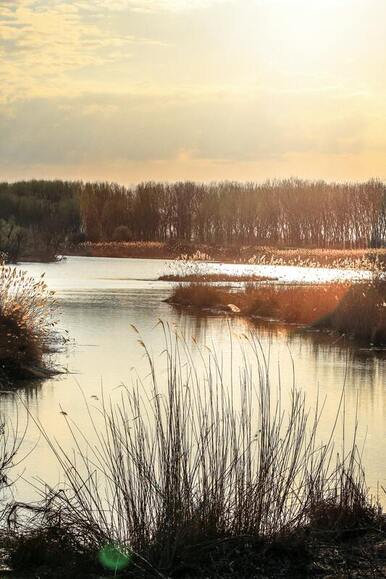Historically, wetlands have been thought of as places to avoid or as only sources of peat and fossil fuels. Because of this view, many of our wetlands have been destroyed (filled in or converted for other uses). Each state and county have wetland systems, but according to the U.S. EPA, the United States has lost more than 50 percent of the wetlands since before the European settlement of North America. More than 90% has been lost in Ohio specifically (Ohio Wetlands Association).
According to NRCS, “wetlands occur in many forms, including forested swamps, deep and shallow marshes, bogs, and prairie potholes. Some wetlands such as deep-water swamps are always wet, while others, such as bottomland swamps, dry out in certain seasons. These different types of wetlands have important functions; they protect shorelines, shelter rare and endangered species of plants and animals, and are used for recreation and education.” Wetlands are often referred to as nature’s kidneys because of their ability to filter nutrients and other pollutants like pesticides and sediment from the water. Wetlands’ highly efficient cleaning power makes them a low-cost alternative for treating areas of concern. Wetlands filter water out in the following ways (Ohio Department of Natural Resources, H2Ohio):
“Wetlands also can help slow the overland flow of water and thus reduce flooding and soil erosion downstream. Coastal wetlands help absorb some of the impact of storm tides and waves before they reach upland areas. Wetlands are reservoirs for rainwater and runoff. They recharge ground water supplies and extend streamflow during periods of drought or low rainfall. Both coastal and inland wetlands provide breeding, nesting, and feeding habitats for millions of waterfowl, birds, and other wildlife.” (NRCS). Amphibians rely on wetlands due to the fully aquatic stages of their lifecycle, and wet habitat requirements as adults. Programs exist through Federal, State, and Local wetland programs that protect and restore wetlands, such as USDA’s Wetlands Reserve Program, the U.S. Fish and Wildlife Service’s Partners for Wildlife Program, and State programs such as H2Ohio. For more information regarding wetland funding, Warren Co SWCD programs, and/or technical assistance on water or soil questions, contact us at [email protected] or (513) 695-1337. Additional Resources:
0 Comments
Leave a Reply. |
Details
Warren County SWCD Staff BlogA blog to keep you informed on all the latest news at Warren County SWCD and in the conservation world. Archives
May 2024
Categories
All
|
|
|
Contact:PHONE: (513) 695 - 1337
EMAIL: [email protected] HOURS: Monday - Friday 7:30am - 4:00pm (except holidays) Connect:Warren County Soil & Water Conservation District Copyright © 2016
Warren SWCD Privacy Notice. Emails are serviced by Constant Contact. Constant Contact's Privacy Notice. |

